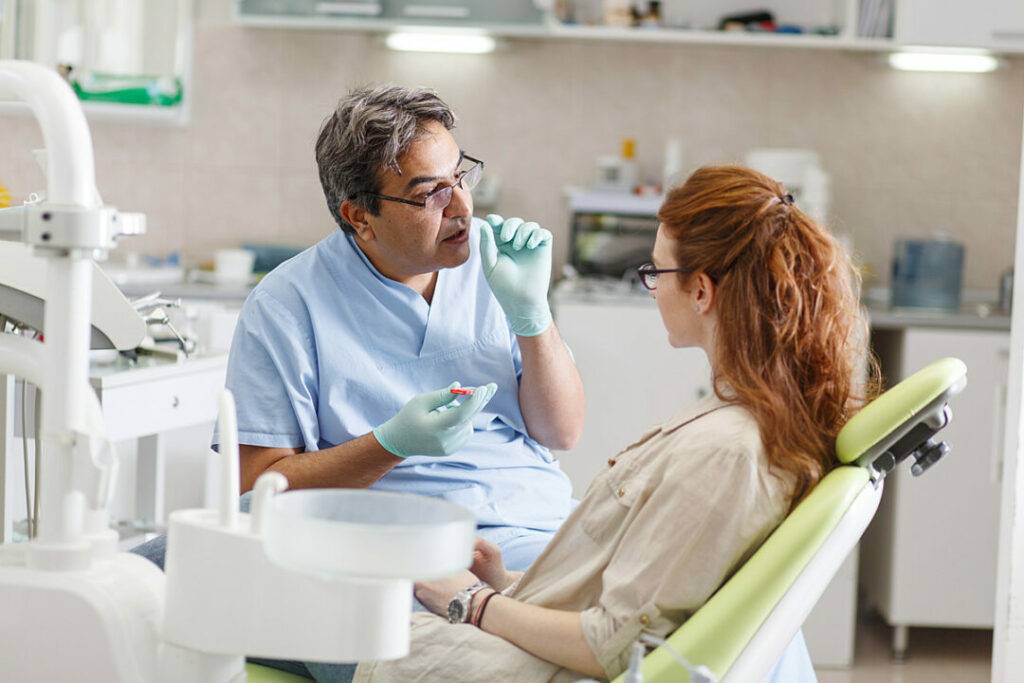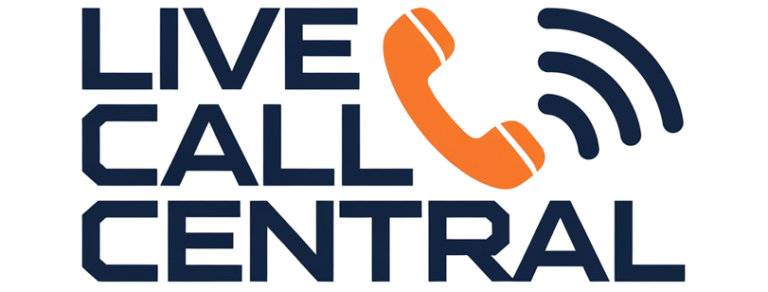Introduction
In today’s evolving healthcare landscape, personalized patient care has become a cornerstone of effective medical treatment, including dentistry. Dentistry is not just about treating teeth; it is about improving the overall well-being and experience of patients. Personalized patient care in dental treatments focuses on individual needs, preferences, and comfort levels, ultimately enhancing the quality of care, treatment outcomes, and patient satisfaction. In this blog, we will explore how personalized patient care improves dental treatment experiences and why it is a vital aspect of modern dentistry.
Understanding Personalized Patient Care In Dentistry

Personalized patient care in dentistry refers to the tailored approach dental professionals take to meet each patient’s unique needs. This involves:
- Comprehensive patient assessments – Understanding medical history, lifestyle, and oral health goals.
- Customized treatment plans – Designing procedures that suit individual conditions and preferences.
- Enhanced communication – Ensuring patients understand their treatment options and feel comfortable with their choices.
- Comfort-focused care – Providing a stress-free and pain-minimized experience during dental visits.
- Use of advanced technology – Implementing cutting-edge diagnostic and treatment tools to provide precision-based care.
This patient-centric approach shifts the focus from generic treatment solutions to a more holistic, engaging, and comforting dental care experience.
Benefits Of Personalized Patient Care In Dental Treatment
1. Improved Patient Comfort And Reduced Anxiety
Many people experience dental anxiety or fear, leading them to delay or avoid necessary treatments. Personalized care ensures that dental professionals address each patient’s concerns and anxieties. Techniques such as:
- Using relaxation methods like guided breathing and music therapy.
- Offering sedation options for anxious patients.
- Taking a gentle approach to procedures.
These strategies help reduce stress and make dental visits more pleasant and worry-free.
2. Higher Treatment Accuracy And Better Outcomes
Personalized care incorporates advanced technology and detailed patient analysis to provide precise diagnoses and treatments. Digital scans, 3D imaging, and AI-powered treatment planning allow dentists to tailor procedures for each patient, resulting in:
- More effective treatments – Correcting dental issues with greater accuracy.
- Minimal discomfort – Reduced pain and faster healing times.
- Long-lasting results – Treatments designed to last based on individual dental structures.
3. Faster Recovery And Healing

A customized approach takes into account factors such as a patient’s medical history, immune response, and lifestyle habits, ensuring optimal post-treatment care. Personalized aftercare instructions, medication recommendations, and follow-ups lead to:
- Quicker healing.
- Reduced risk of infections or complications.
- Enhanced patient compliance with treatment plans.
4. Greater Patient Involvement In Treatment Decisions
Patients today prefer to be actively involved in their healthcare decisions. Personalized patient care emphasizes clear communication, allowing patients to:
- Understand different treatment options.
- Ask questions and express concerns.
- Participate in choosing the best course of action for their dental health.
This involvement fosters trust between patients and dentists, leading to better cooperation and improved treatment adherence.
5. Enhanced Preventive Care And Long-Term Oral Health
Prevention is better than cure, and personalized dental care incorporates proactive strategies to maintain oral health. Dentists provide:
- Individualized oral hygiene plans based on a patient’s dental history and habits.
- Nutritional advice to improve teeth and gum health.
- Regular monitoring to detect and address potential issues early.
This preventative approach helps patients avoid serious dental problems and costly procedures in the future.
6. More Comfortable And Efficient Dental Procedures
Modern dentistry uses state-of-the-art tools and technologies that enable a more comfortable experience for patients. Some examples include:
- Laser dentistry – Minimally invasive procedures with reduced pain and recovery time.
- Same-day crowns and restorations – Digital scanning and 3D printing allow for quick, precise restorations.
- Painless injections – Advanced numbing techniques ensure a more comfortable treatment.
By tailoring treatments to individual needs, dentists make procedures more efficient and comfortable, improving overall satisfaction.
7. Increased Trust And Stronger Dentist-Patient Relationships
When patients receive personalized attention, they develop a sense of trust in their dentist. Regular, personalized interactions create a strong rapport, leading to:
- Increased loyalty to the dental practice.
- Higher patient retention and satisfaction rates.
- Better communication, as patients feel comfortable discussing their concerns.
A good dentist-patient relationship ensures continuity of care, contributing to long-term oral health and well-being.
8. Adapting To Special Dental Needs
Certain patients require unique dental care approaches, including:
- Children – Pediatric dentists use child-friendly techniques and a compassionate approach to ease young patients into dental care.
- Elderly patients – Treatments are adapted for aging-related concerns like gum recession and tooth loss.
- Patients with disabilities – Tailored approaches accommodate physical, cognitive, or sensory challenges.
- Cosmetic dentistry patients – Customized smile makeover plans ensure natural-looking, satisfying results.
By personalizing treatments, dentists ensure that every patient, regardless of their specific needs, receives optimal care.
How Technology Enhances Personalized Dental Care?

Advancements in dental technology have significantly improved personalized patient care. Here are some innovations making a difference:
- Artificial Intelligence (AI) in diagnosis – AI-powered tools analyze patient data to recommend optimal treatments.
- Digital impressions – More precise than traditional molds, ensuring perfect fittings for crowns, bridges, and aligners.
- Teledentistry – Virtual consultations allow for remote assessments and follow-ups, enhancing convenience.
- 3D printing – Enables customized prosthetics and orthodontic devices with greater accuracy.
- Laser treatments – Offer painless alternatives to traditional drilling and surgery.
These technologies ensure treatments are tailored to the individual, improving effectiveness and patient experience.
Conclusion
Personalized patient care is revolutionizing the dental industry by providing a patient-centered approach that prioritizes comfort, precision, and long-term well-being. From reducing anxiety to improving treatment accuracy and fostering strong dentist-patient relationships, personalized dental care significantly enhances the overall experience. By embracing technology, customized treatment plans, and proactive communication, dentists can ensure that every patient receives high-quality, tailored care that improves their oral health and overall satisfaction.
As dental practices continue to adopt personalized patient care approaches, patients can expect a more comfortable, effective, and rewarding journey toward maintaining a healthy and beautiful smile. If you haven’t yet experienced personalized dental care, now is the time to explore how a tailored approach can transform your dental treatment experience!


